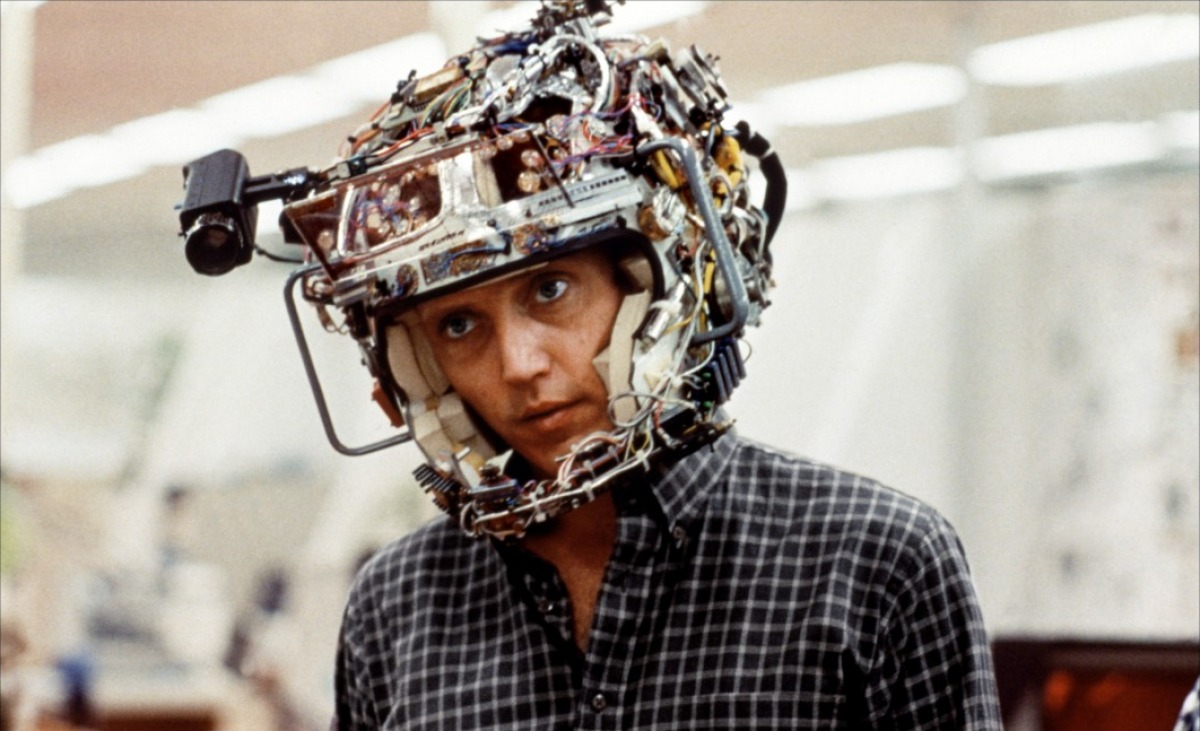TIFF ’15: Black; We Monsters; Keeper
BLACK
*/****
directed by Adil El Arbi & Bilall Fallah
Wir Monster, a.k.a. Cold Days
**/****
directed by Sebastian Ko
KEEPER (pictured)
***/****
directed by Guillaume Senez
by Bill Chambers My random sampling of #TIFF15’s Discovery programme yielded a loose trilogy of bildungsromane. The most ‘problematic’ of these, as the kids say, is Black, a West Side Story redux set on the surprisingly mean streets of Brussels, where rival gangs of Moroccan and (I think) Congolese immigrants antagonize the locals and each other. Marwan (charming Aboubakr Bensaihi) and Mavela (gorgeous Martha Canga Antonio) meet-cute in police custody. He’s Moroccan, she hangs with “the Black Bronx,” whose name very purposely evokes American ghettos for that soupçon of danger. When he hits on her, she asks him how he’d feel if his sister brought a black man home; Marwan admits there’s a double standard, then reassuringly points out they’re both African. Within days they’re a couple on the DL, whispering dreams of an honest future together. Alas, Mavela becomes inextricably tethered to the Black Bronx when she baits a female member of Marwan’s posse to their clubhouse to be gang-raped, then endures the same torment herself after they find out about her affair with Marwan. Note that the first rape happens offscreen while Mavela’s does not, and though I don’t condone any rape scene, there is something ultra-nauseating about graphically violating the Maria/Juliet figure, like when Edith Bunker endured a rape attempt: It breaks some socio-artistic contract we have with our most wholesome archetypes. It didn’t make me hate her attackers so much as it made me hate the filmmakers.

